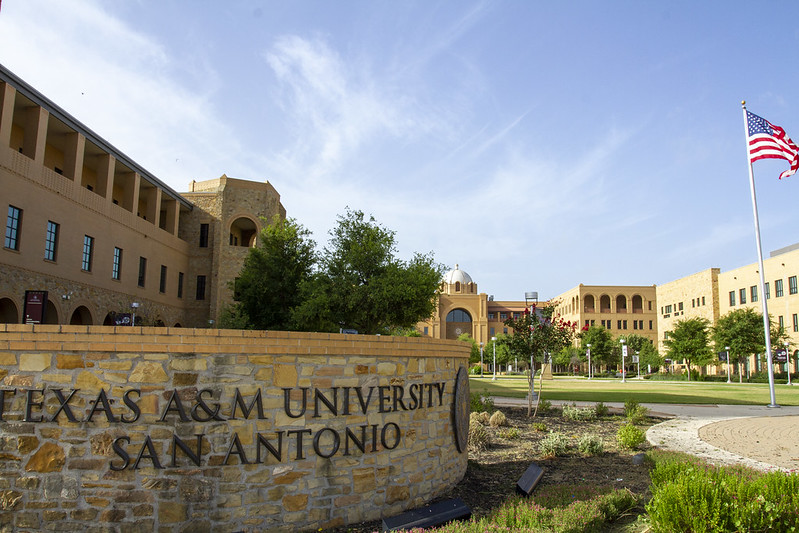Date of Graduation
Fall 12-15-2023
Document Type
Thesis
Degree Name
Master of Science (MS)
Department
Environmental Science
Thesis Chair
Davida Smyth
Abstract
This study of constructed wetland design investigated relationships between macrophyte species selection and planting density for water quality improvement. A lab-scale wetland was compared against a pilot-scale wetland in San Antonio, Texas at Mitchell Lake to measure differences in effluent water quality improvement using three native macrophyte species. Using a novel, two-phase method, a targeting macrophyte was identified from among other species based on its marked capability for improving water quality factors, then was planted in varied majority densities to compare differences in treatment effectiveness. The results of this study showed that this complimentary approach to wetland design displayed significant improvement of certain treatment parameters than the evenly-planted species distribution of the pilot study. These findings demonstrate that constructed wetland design can be optimized by selecting and planting macrophytes based on their effectiveness in targeting site-specific water quality concerns by capitalizing on their individual traits within complex wetland systems.
Recommended Citation
McBrady, Austin, "Targeting Macrophytes: Increased Water Quality Through Optimized Vegetation Considerations for Constructed Wetlands" (2023). Masters Theses. 5.
https://digitalcommons.tamusa.edu/masters_theses/5
Included in
Environmental Indicators and Impact Assessment Commons, Natural Resources and Conservation Commons, Natural Resources Management and Policy Commons, Sustainability Commons, Terrestrial and Aquatic Ecology Commons, Water Resource Management Commons


